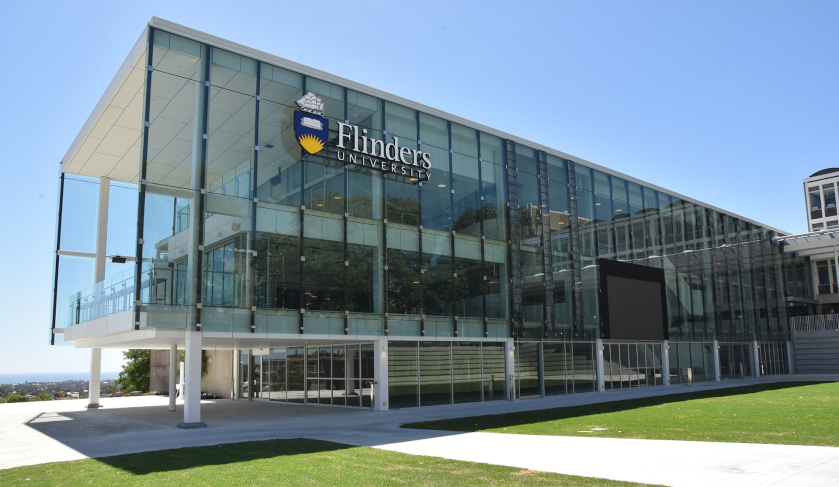Military veterans and accident first respondents suffering from post-traumatic stress disorder (PTSD) are among the people benefiting from more personalised and flexible therapy currently being trialled by the Posttraumatic Stress Research Unit at Flinders University.
To continue reading the rest of this article, please log in.
Create free account to get unlimited news articles and more!
More volunteers are needed for the two trials – adults with PTSD symptoms are the focus of one trial, and veterans and first respondents the other – with no costs involved in either therapy. Both studies are looking at improving the effectiveness of cognitive processing therapy (CPT), which is already a successful means of treating post-traumatic stress.
“CPT was designed to help people recover after experiencing a traumatic event and has been widely used with veterans, military personnel and first responders – but we believe it can be further improved to deliver better outcomes,” said Professor Reg Nixon from the Flinders Posttraumatic Stress Research Unit.
“We found that the majority of people had very good outcomes. However, some clients were not responding to treatment as well as we would like, so we are now testing the helpfulness of closer monitoring during the early weeks of the CP process, combined with making appropriate adjustments.
“Treatment needs to be more personalised and flexible. For example, we trialled adding interventions to CPT that assisted with managing pain, anger or depression. We think this will help people who don’t respond so well to the standard CPT approach.”
Military veterans and accident first respondents suffering from PTSD will receive up to 25 individual therapy sessions of flexible CPT, all with a trained therapist. Usually in person, these are currently delivered via telehealth. The second project is seeking volunteers to test a stepped-care approach delivered online and personalised through web-based camera therapy, making it attractive for patients in remote areas or who prefer not to attend in-person appointments.
This study – ‘Online stepped-care for adults with PTSD’ – is investigating a staged approach to help people recover after experiencing a traumatic event. Participants need to have been directly or indirectly exposed to a traumatic event such as assault, motor vehicle accident or childhood trauma and should meet the threshold for PTSD.
Therapy involves working through eight weekly topics together with weekly online contact with a therapist, followed by up to 15 individual therapy sessions of CPT (60 minutes each) also delivered online to address remaining PTSD issues.
Symptoms of PTSD include experiencing distressing and unwanted memories, avoiding feelings and reminders of the trauma, having strong negative thoughts such as self-blame, feeling frequently on high alert and unsafe, or having problems with sleep, anger or concentration.
Professor Nixon said obtaining treatment for PTSD ripples through communities.
“When someone recovers from PTSD, the benefits extend to those who are close to them, for example family and friends, as the person is now in a better space,” he said.
“People are also more productive at work and more engaged members of the community.”
Find out more or join the trials here: https://www.flinders.edu.au/engage/community/clinics/posttraumatic-stress-clinic

 Login
Login







